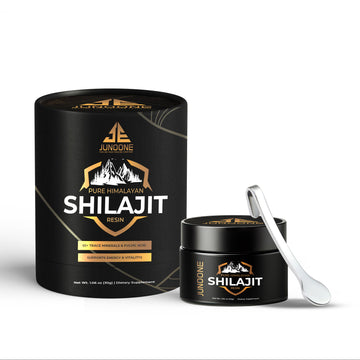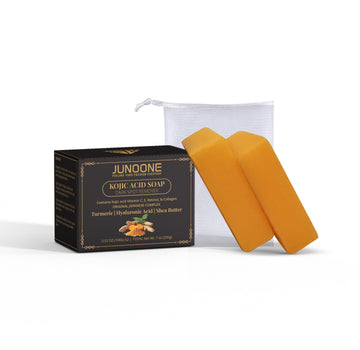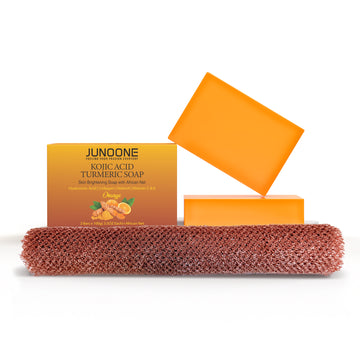Most people know the importance of vitamins and minerals. But few have heard of fulvic acid—a natural compound in soil that quietly influences how well we absorb those nutrients. Think of it as nature’s “delivery system” for minerals, ensuring the nutrition in your food actually gets into your cells where it can be used.
Why Fulvic Acid Matters
Fulvic acid is created when organic matter breaks down in rich, healthy soil. It binds with minerals and makes them more bioavailable—meaning your body can absorb them more effectively (Chetty, 2021). Beyond nutrient transport, fulvic acid also has antioxidant and detox-supporting properties. Researchers note it can neutralize free radicals and bind with certain toxins, helping the body’s natural elimination processes (Abdollahzadeh et al., 2025).
Modern Food, Missing Soil Nutrition
Here’s the challenge: modern farming practices often strip soil of its natural richness. That means the vegetables on your plate today may contain fewer minerals—and less fulvic acid—than they once did. Studies highlight that this decline in soil health can translate into reduced nutrient density in foods (Keskin et al., 2025).
Potential Benefits for the Body
Early research links fulvic acid to:
-
Gut balance and immune support – It may help regulate the gut microbiome and support immune defense (Han et al., 2025).
-
Energy support – By helping nutrients cross cell membranes, fulvic acid may aid cellular energy production.
-
Overall vitality – Its antioxidant effects may play a role in protecting against everyday stressors.
While evidence is promising, fulvic acid should be seen as a supportive nutrient, not a cure-all. Its value lies in complementing a balanced diet, regular movement, and restorative sleep.
How to Get More
You can increase fulvic acid intake through:
-
Whole foods – Eating a variety of plants grown in mineral-rich soil.
-
Supplements – High-quality shilajit and certain plant-based formulas naturally contain fulvic acid.
The key is consistency. As with many nutritional tools, gradual, steady use is more impactful than quick fixes.
Final Thoughts
Fulvic acid is one of nature’s quiet helpers. Though it doesn’t get the spotlight like vitamin C or protein, its role in nutrient absorption and cellular balance makes it worth paying attention to. By focusing on nutrient-dense foods—and considering quality supplements where appropriate—you can give your body this natural boost from the ground up.







 Be The First To Know About new Products, Exclusive offers, and much more.
Be The First To Know About new Products, Exclusive offers, and much more.